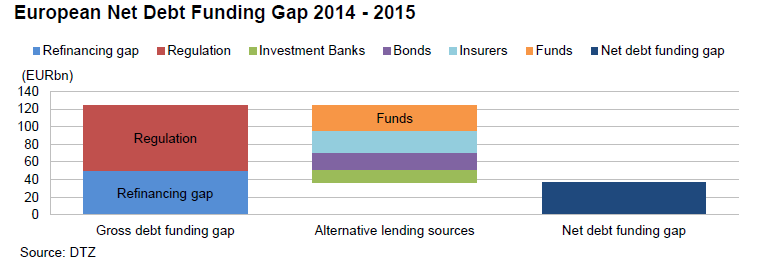The head of one of the world’s largest investors has told world leaders in Davos that finding a good deal in current markets has become increasingly tricky.
Speaking at the World Economic Forum in the Swiss ski resort, Ontario Teachers’ Pension Plan (OTPP) CEO Ron Mock said that across asset classes “everything is expensive,” according to a report from the Wall Street Journal.
“Infrastructure yields have come down to the single digits, which ignore the regulatory risk.” – Ron Mock, CEO, OTPP“In the infrastructure space, there is so much money chasing these alternative assets, it’s turned into non-stop auctions,” said Mock. “Infrastructure yields have come down to the single digits, which ignore the regulatory risk.”
His comments echoed a study by Preqin last year showing infrastructure deals were 12% more expensive in 2014 than the previous record set in 2012.
“On the private equity side, there are deals at huge multiples of Earnings Before Interest, Taxes, Depreciation and Amortization [EBITDA],” said Mock, “and the spread between public and private yields are very narrow.”
However, Mock, who leads the C$140.8 billion (US$112.9 billion) plan, said in another Davos interview with CNBC that both asset classes were important to its portfolio.
He said private equity partners were key to its global investments: “We allocate to firms all over the planet. Where we don’t have people on the ground, having partners is really important to us.”
In both interviews, Mock asserted OTPP’s commitment to hedge funds, despite several of the plan’s peers opting to dump the asset class.
“We still have a good, sizeable allocation to them,” he told CNBC. “2014’s results were strong—above the industry average. It’s about who you select and choose to give money to.”
Regarding the Bank of Canada’s recent interest rate cut, Mock said the move was understandable given the oil price dip and issues within the country’s real estate market.
Related content: Class of 2014 – OTPP & Private Equity Deals Collapsing Over Fee Disagreements

